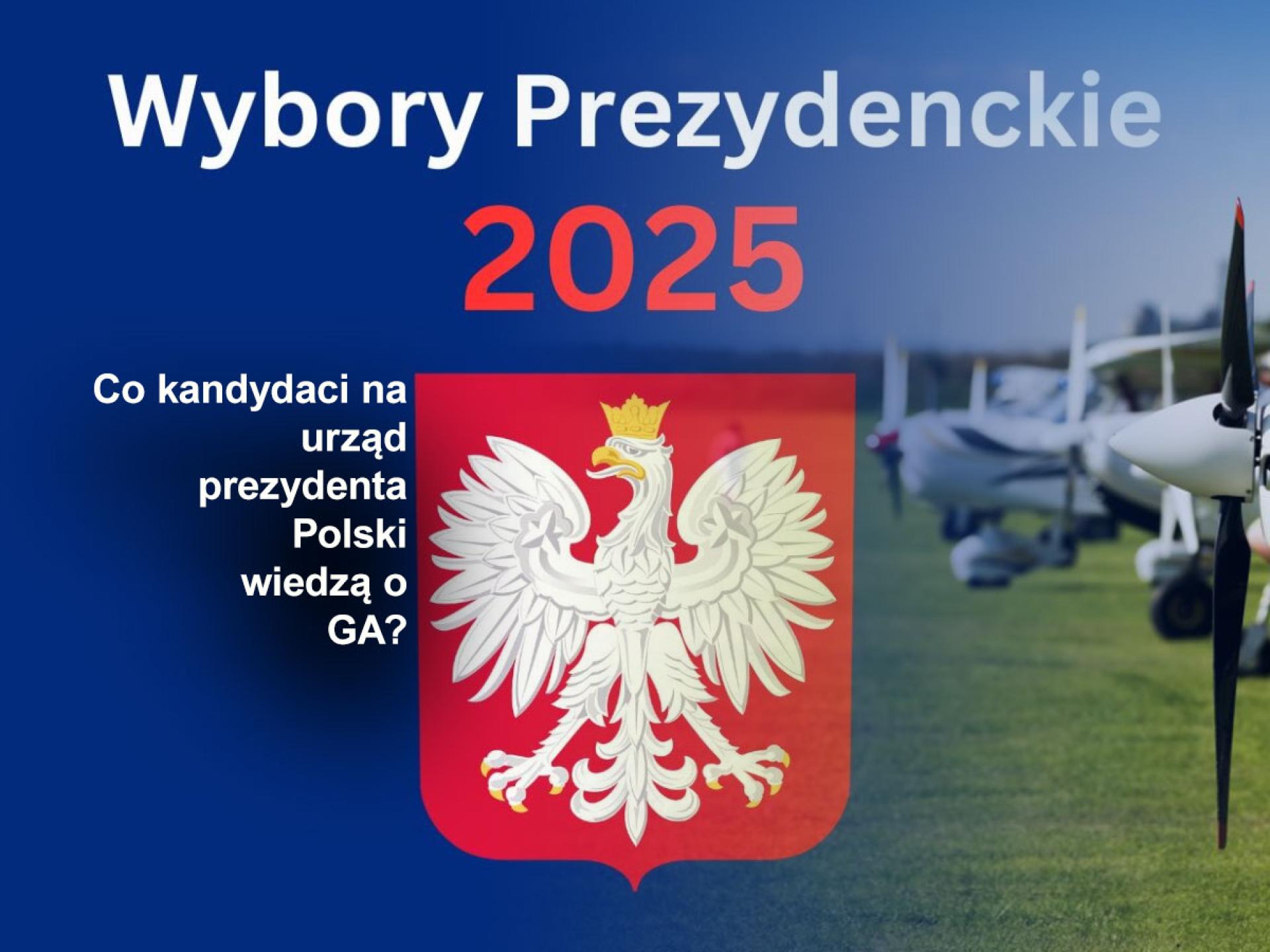
What Do Poland’s 2025 Presidential Candidates Really Know About General Aviation?
With the 2025 Polish presidential elections just around the corner, voters are being asked to look beyond the typical campaign promises and slogans. One particularly niche but intriguing question has surfaced—what do the candidates actually know about general aviation ? In a time when modern infrastructure and technological integration are essential to national growth, understanding the aviation landscape—especially general aviation (GA), which includes private flying, recreational aircraft, small airports, and aviation training—is more relevant than it might first appear.
Rather than chasing down committee offices and campaign teams, a bold and modern approach was chosen: ask AI. That’s right. Given the volume of candidates and their public communications spread across various platforms, the editorial team at dlapilota.pl turned to artificial intelligence to gauge each candidate’s connection—or lack thereof—to this specialized but crucial area. The answers were often illuminating, occasionally surprising, and sometimes, frankly, lacking.
Most of the presidential hopefuls, such as Magdalena Biejat, Adrian Zandberg, and Sławomir Mentzen, appear to have no documented experience or interest in general aviation
Also Read:- Eagles Soar in Emotional Showdown Against Saints Amid Selwood Tribute
- Darth Vader, AI, and the Legacy of James Earl Jones in Fortnite's Wild New Era
On the other hand, Marek Jakubiak stands out slightly with a past business venture linked to a Polish airport and comments supporting civil aviation infrastructure. Still, this doesn’t quite qualify him as an aviation expert.
Rafał Trzaskowski is perhaps the only candidate demonstrating a meaningful understanding of GA. Although not a specialist, his 2009 comments to AOPA Poland highlighted support for balancing airspace usage among all operators, preserving environmental standards, and resisting unnecessary EU-imposed technical burdens. As mayor of Warsaw, he has also been vocal about defending Chopin Airport against controversial redevelopment plans, reflecting a nuanced, policy-aware perspective on air travel in Poland.
Then there are candidates like Artur Bartoszewicz, Joanna Senyszyn, and Karol Nawrocki, who bring academic or administrative expertise, but show no tangible link to aviation policy or infrastructure. Senyszyn’s past in a parliamentary committee on space may suggest a tangential interest, but it doesn’t translate to direct aviation insight.
This unconventional AI-driven investigation reveals an important layer of candidate profiling that is often overlooked. While not every president needs to be a pilot or air traffic expert, their stance on general aviation reflects broader attitudes toward innovation, infrastructure, and inclusivity in national development.
As citizens prepare to cast their votes, perhaps it’s worth considering not just what candidates say in their manifestos, but also what they don’t talk about. The skies, after all, are not just for airlines—they’re part of the broader public good. And in a modern democracy, every sector, even a niche one like general aviation, deserves informed leadership.
Read More:



0 Comments